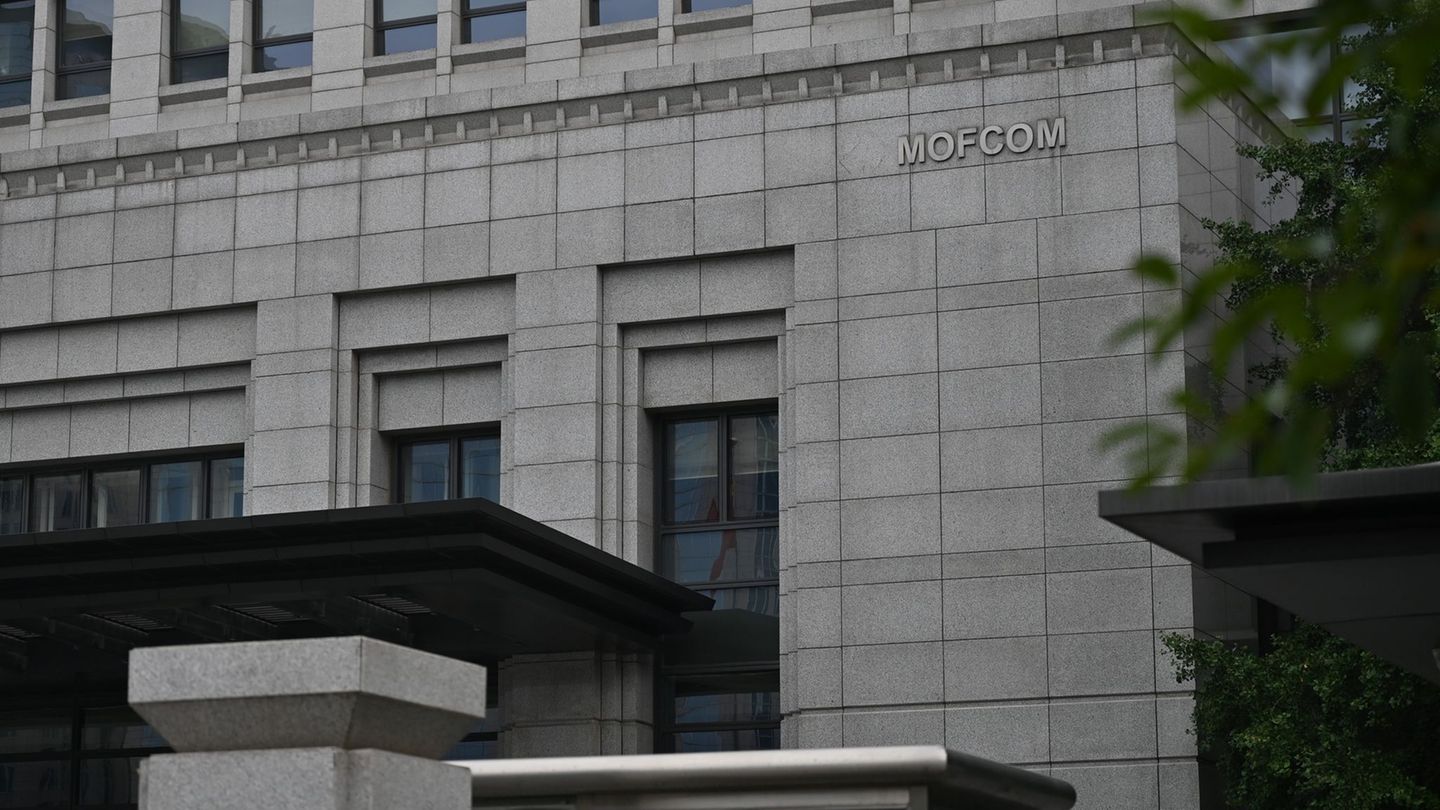In today’s dynamic business environment, the evolution of organizational culture has become a fundamental pillar for success. Companies face the challenge of building and adapting a culture that not only promotes the well-being and development of their employees, but is also aligned with the strategic needs of the business and the expectations of their customers.
The importance of a dynamic, customer-centric culture
For organizations, culture is not just a set of values or practices; It is a living reflection of how things are done and how results are achieved. In times of change, such as those we have experienced in recent years, this culture must continually evolve to adapt to new challenges and opportunities.
An organizational culture that focuses on the development of key competencies can be a crucial differentiator. This approach should focus not only on technical skills, but also on capabilities such as adaptability, building trusting relationships, and responsibility in decision-making. These competencies allow employees not only to be efficient in their current roles, but also to prepare for the changes that the future will bring.
It is essential to understand that culture must evolve to remain relevant in a changing environment. Review competencies so that they respond not only to current needs, but also to future ones. This process allows you to better align with strategic objectives and customer expectations.
Key competencies for a strong and adaptive culture
There are three key competencies that organizations must identify and enhance to achieve a successful organizational culture:
- Transformational learning. Foster an environment where employees are open to new ways of doing things and see change as an opportunity to learn and grow. This competency helps companies stay agile and innovate in a constantly evolving environment.
- Closeness. The ability to establish trusting relationships is essential for any organization that wants to build a strong culture. Closeness is reflected in empathy and the ability to generate meaningful conversations, allowing organizations to create solid internal and external alliances.
- Accountability. Responsibility not only involves completing assigned tasks, but also assuming the impact of decisions on business results and customer satisfaction. A culture that promotes this competency will ensure that all team members are committed to the organization’s goals.
I firmly believe that focusing on these competencies allows us to accompany business growth and put both external and internal customers at the center of everything we do. This helps build stronger relationships and continually improve our value proposition.
Building a culture for the future
For all managers today, the question is not just how to maintain the current culture, but how to evolve it so that it remains relevant and effective. Companies must be willing to review and adjust their organizational competencies, focusing on those that will best allow them to achieve their strategic objectives and meet the expectations of their customers.
Developing a robust organizational culture requires a proactive approach. This includes continually assessing the competencies necessary for success, offering development opportunities to employees, and ensuring that the culture evolves in parallel with business needs and environmental changes.
In short, building an effective and adaptable organizational culture is an ongoing process. Companies must focus on key competencies that allow their teams to fully develop while contributing to the success of the business. Looking at examples of cultural evolution in other organizations can provide valuable lessons and serve as a guide in this important challenge. The key is to maintain a culture that is constantly evolving, focused on customer needs and aligned with business strategy.
Director of Culture, Apex America
Source: Ambito
David William is a talented author who has made a name for himself in the world of writing. He is a professional author who writes on a wide range of topics, from general interest to opinion news. David is currently working as a writer at 24 hours worlds where he brings his unique perspective and in-depth research to his articles, making them both informative and engaging.




